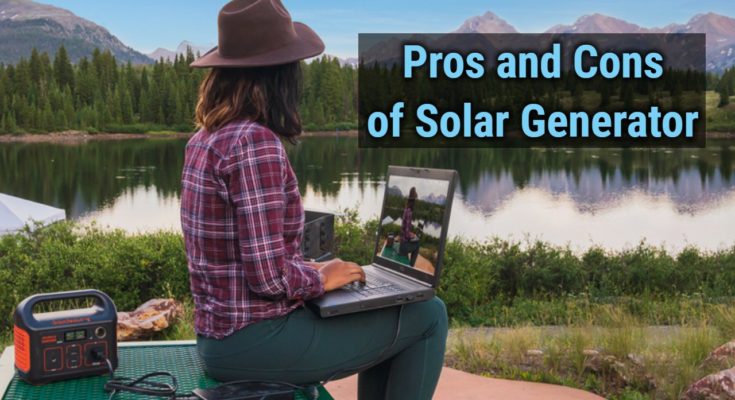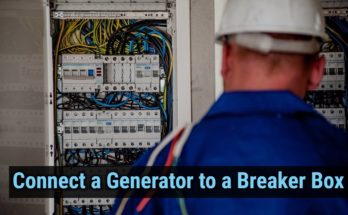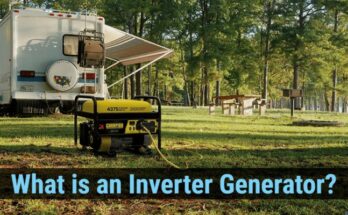We’ve certainly realized that in this current situation how much expensive petrol and diesel can get and hence using a petrol or diesel generator will be costly in coming days. All non-renewable resources like petrol or coal are harmful to the planet besides being costly too. Using renewable resources like solar energy is not only cost-effective but it is also eco-friendly as they are available abundantly and will never run out.
A solar generator can be a great choice if you want to reduce your carbon footprint in the environment. It isn’t just enough to have the desire to bring in a solar generator to your house, but it should also satisfy your power needs and match your requirements. We have listed down the pros and cons of solar generators to better understand their use.
Table of Contents
What is a Solar Generator and How Does it Work?
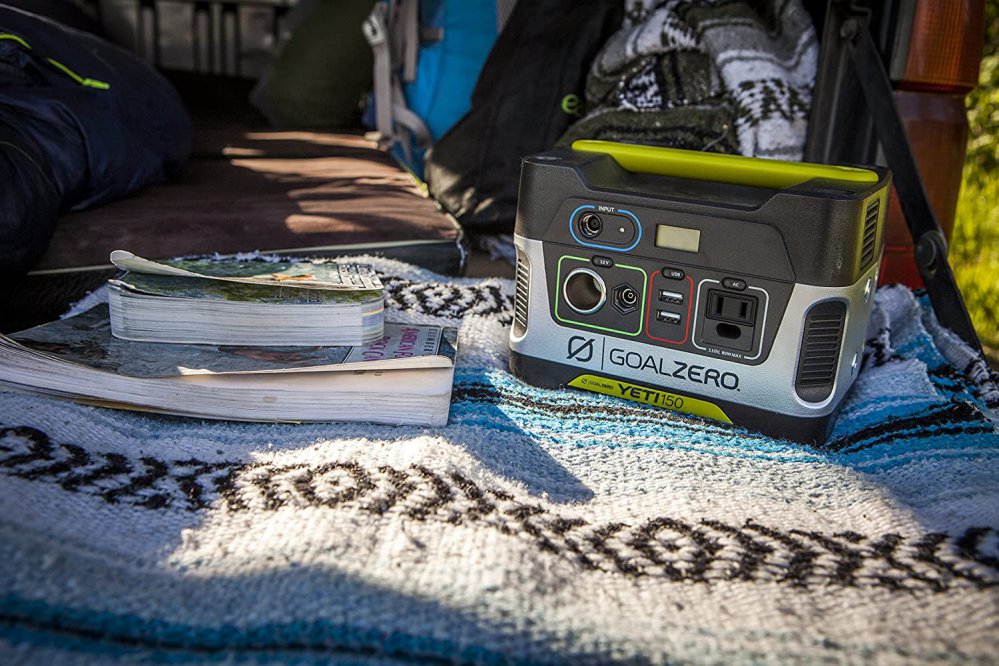
A solar generator is an alternative power source that uses energy from the sun to produce voltage, and this voltage can be used to power electrical appliances and electronics. The main components of any solar generator are solar panels, their battery pack, a solar charger, and an inverter.
Its working is totally different from that of conventional generators. Unlike fossil fuel generators, solar generators don’t produce electricity instantaneously. Solar panels are used to harvest the energy from sun rays, and the harvested energy won’t be enough to run any appliances. So, the energy is transferred to the battery through a solar charger, and it is gathered there. This will be in the DC form, which will be converted back to AC using an inverter.
Another nice thing is that you can charge the batteries from wall outlets as well. This is especially helpful in the rainy season when not enough sunlight is available. Solar generators are also known as remote portable power stations.
Now let’s decide if it is a perfect choice for you or not by pondering on the pros and cons of a solar generator.
Pros
Free Fuel from the Sun

The most obvious reason to use a solar-powered generator is that it is a green choice. It doesn’t harm the environment because it is fueled by the sun! As the sun’s energy is free, so technically, you get free fuel for your generator. Sounds good, isn’t it? But to get the benefit of this free energy, the initial investment in the solar generator is required, which is quite high.
Moreover, there is no restriction on their availability; you will have sunlight present wherever you are. It will recharge the batteries, and you will be good to go.
Very Quiet During Operation
Unlike gas generators, which make a noise like a bike when in use, solar generators are very quiet. This is because they do not have any moving parts inside. And also, the main source of noise in conventional generators, the engine, is not present in solar generators. This makes them extremely quiet. When in operation, you will hear a minor buzz; it is due to the working of the inverter.
Low Maintenance

As explained in the above point, it has no moving parts, which means it has the added advantage of requiring very low maintenance. No moving parts mean no need for an oil and its replacement. Also, the fuel is free, so that cost is eliminated too.
If you have a conventional generator, then some moving parts will need to be replaced due to wear and tear, but a solar generator is a static device. So replacement of parts due to wear and tear won’t be needed.
Inside use
This is another awesome advantage, as now you do not need to build a tent or enclosure to keep your generators outside, hence less expenditure. A conventional generator produces toxic fumes which are dangerous to one’s health and hazardous to the environment. For proper ventilation, they need to be placed outside, in open space.
Whereas solar-powered generators can be kept inside your house just like an inverter. Also, these generators do not produce much heat, which makes them safe, and their noise level is within a tolerable limit, so the disturbance will be less.
Self-sufficient

As opposed to traditional generators, these generators don’t require to be refueled frequently as they will derive their fuel from the sun. Now you can relax more as you don’t have to refuel it by yourself periodically. You will just need to set it up once and then enjoy the hassle-free power.
Lifetime
The conventional gas-powered generator will have a lifetime of a few decades if properly maintained, and the lifetime is decreased due to the heat generated and wear and tear caused due to moving. Any kind of motion is absent in the solar generators, and this increases their lifetime considerably. On top of that, the robustness of solar panels and the unit improve their lifetime. They can easily outlast conventional generators.
They are Safe to Use
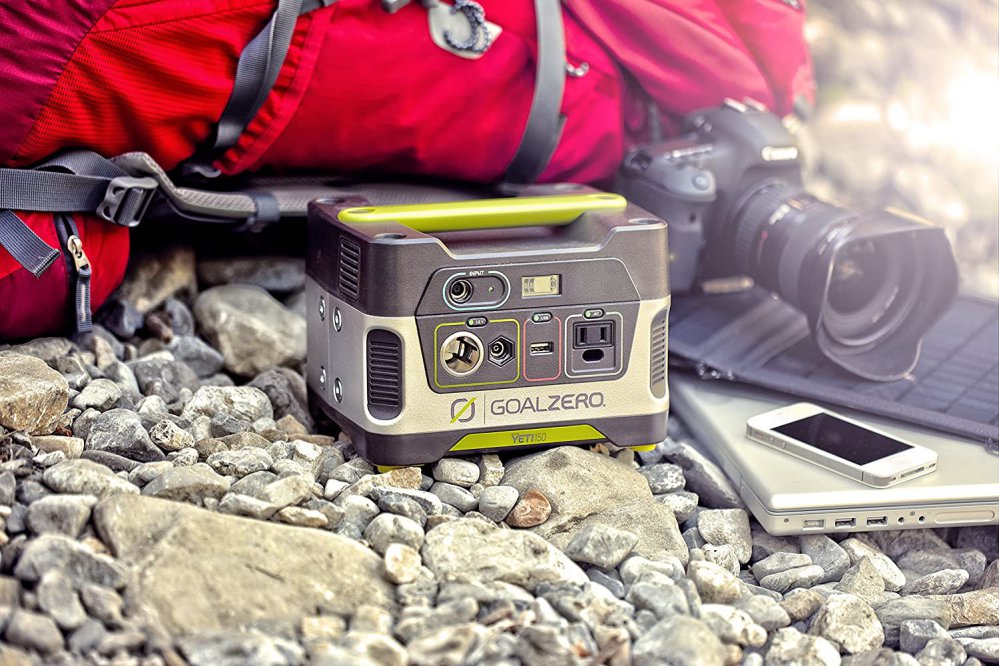
Fossil fuels generate high energy and they are highly flammable, and storage of those fuels in large quantities makes them dangerous. This safety concern is not present in the case of solar generators, and they run on the sunlight; no fuels are involved. This makes them much safer.
Future Developments
The technologies used in solar generators are in constant evolution, and the improvements will take place rapidly in the near future. Innovations in quantum physics and nanotechnology can potentially increase the effectiveness of solar panels and can double or even triple their harvesting ability. This means the solar generator will get recharged in no time.
A medium-range generator takes a whole day to get charged, but with the new panels, this time can be reduced to 6 hours or even to 3 to 4 hours.
These were the good things about solar generators, now let’s see their drawbacks.
Cons
Cost

The one advantage of the solar generator is its low operating cost; the operating cost of solar generators is next to none. But, their initial price is quite high. They are more expensive than gasoline-powered generators. This high purchase price will be compensated during its long lifetime, but the high amount will need to be paid upfront.
Weather-dependent

The time taken to charge the battery completely will depend on the availability of the sunlight and its intensity. If you want to collect the maximum energy from the sun, then solar panels should directly face the sun.
The ability to harvest the energy of panels gets reduced in cloudy or rainy weather. This is because the sun rays are blocked by the clouds. If not totally blocked, then it will be diffused, so the recharging time will increase. But, the alternative is to charge them from the electrical outlets.
Solar Energy Storage is Expensive
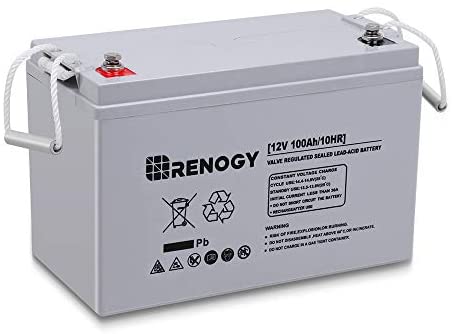
Solar generators are not supposed to be used as a regular power source for your home. It is designed to be used for some emergency situations and occasionally to power the appliances when there is a power cut. You can also use it for camping, charge it the whole day and use it at night.
But if you want to use it to power all appliances of your house at night while charging it during the day, this plan of yours misses some important facts. The first thing is to power all your appliances you will need a large amount of stored power, to store that power a big battery is required, a really big. That is not economically feasible.
Moreover, you may not be able to harvest that much energy during the whole day. So, keep your generator reserved for occasional use and, for regular needs, use the electricity from the grid.
Slow Recharging
The charging process is really slow, painstakingly slow. It mostly depends on the availability of sunlight. It will take time to get recharged, and you can’t make it fast. This time will increase even more when the intensity of sunlight is less because of the clouds. If you want to increase the charging time, then you will have to attach a few more solar panels. It will increase the cost even more, as they are already a costly investment.
Power Supply and Size
A battery will have its maximum capacity, and it cannot store energy more than that. So the power supply ability of a solar generator is limited by the size of the battery. It can’t supply all the appliances of your house; if you are thinking of that, then don’t waste your time on solar generators.
Conventional generators are the best option for that. To counter that statement, you can say that the size of the battery can always be increased, true, it can be done, but it is very costly. The bigger batteries will cost more. And that’s just not it; as the battery storage ability jumps of 1500 watts, the size will increase significantly. Instead of going with that, an inverter generator will be a more suitable and lightweight option.
Temperature Sensitivity
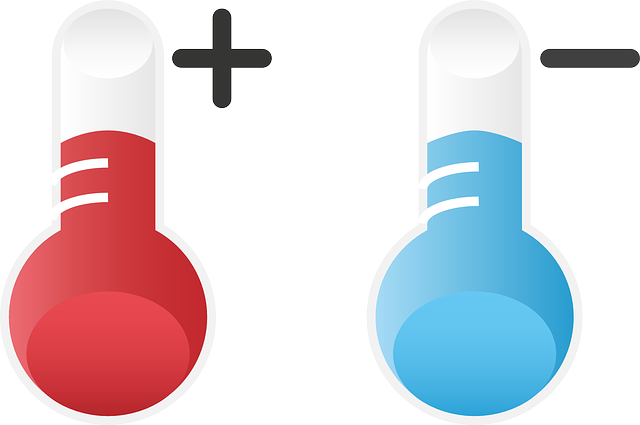
The solar generators convert the solar energy to electrical energy, and for that, solar panels need to be placed in sunlight. The solar panels are designed to handle the higher temperatures, but the unit isn’t. The unit won’t be able to survive longer if it is continuously exposed to hot temperatures for longer periods. It needs to be cooled down, especially in summers.
The temperature of the unit and the batteries will be controlled with something called a better management system. So, be attentive about it and make sure that your generator has a BMS installed
In the end, a solar generator is a good choice to power some appliances occasionally or for tailgating or camping power needs over the traditional gas-powered generators.

